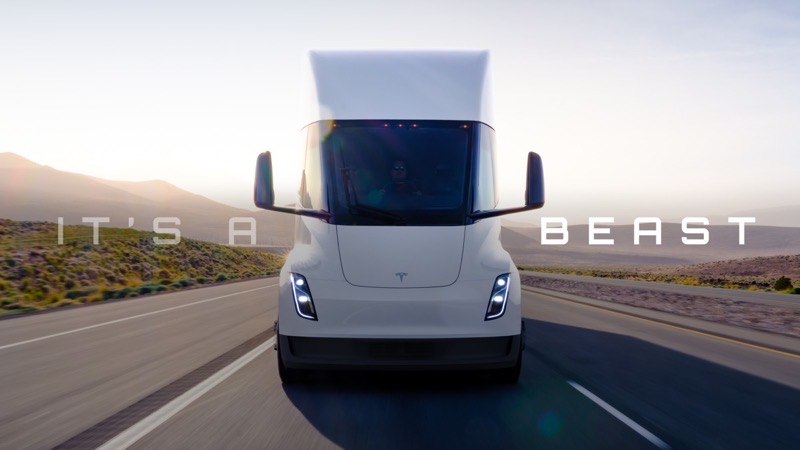
California Senate Passes Bill Restricting Driverless Trucks
In a setback for the autonomous trucking sector, the California Senate approved a bill on Monday that mandates the presence of a trained human safety operator whenever a self-driving heavy-duty vehicle is on public roads. Essentially, this prohibits completely driverless autonomous vehicles (AV) trucks in the state.
Bill AB 316, which gained 36 affirmative votes against two, now awaits Gov. Gavin Newsom’s signature to become law. Though Newsom, known for his tech industry support, is anticipated to veto it, especially since his senior adviser had previously expressed opposition to the legislation in a letter.
Proponents of the bill, which originated in January, contend that such measures will safeguard Californians and preserve trucking jobs. Jason Rabinowitz, president of Teamsters Joint Council 7, criticized AV companies for jeopardizing public safety.
On the contrary, industry experts argue that the bill could stunt technological progress that might prevent accidents. They highlight the stark contrast between the 5,788 truck crash fatalities in 2021 and the zero fatalities from AV trucks over the past two years. Notably, human safety operators were present during most of these AV drives.
The bill was crafted expecting the California Department of Motor Vehicles (DMV) to lift its ban on heavy AVs. If enacted, it would strip the DMV’s power, held since 2012, to approve autonomous trucking firms removing the driver for testing or deployment.
The legislation also mandates the DMV to demonstrate AV safety by 2029 or five years post-testing start. Following validation, there will be another year-long wait before permit issuance, pushing the earliest date for completely autonomous trucking in California to 2030.
The DMV voiced its opposition, stating that the bill wouldn’t bolster safety and might deter tech development in the state.
Tesla’s Semi truck is capable of Autopilot but it’s not a feature that’s available yet for the electric truck.



Luddites are an extinct breed even though some of their wacky ideas live on. Trying to prop up dying industries is a complete waste of resources. Better to face it head on and clear the path for the new to arrive as cleanly and quickly as possible. FSD for trucks is coming and it will replace a lot of jobs, but every other job loss from historical technological advancements was met with new job creation. That is why the Luddites went extinct.